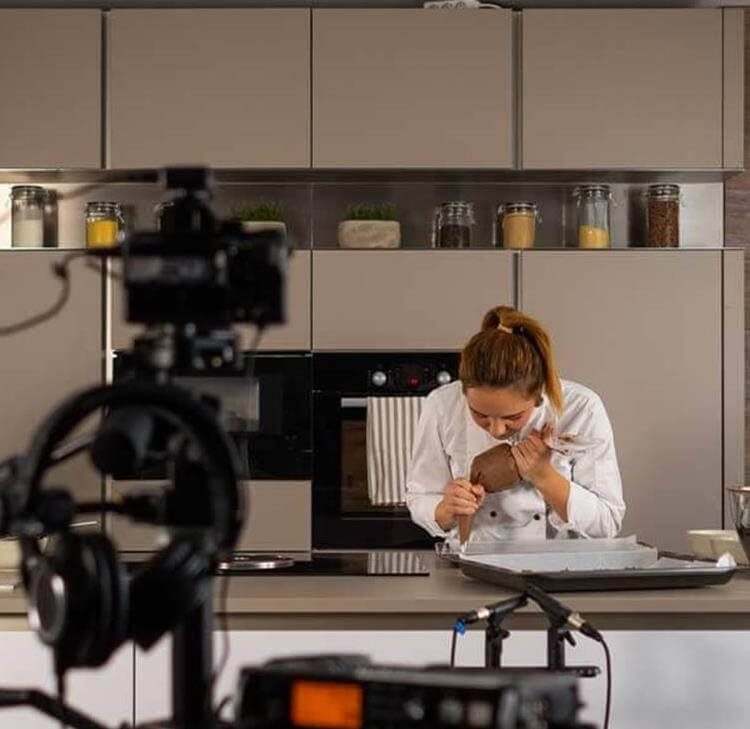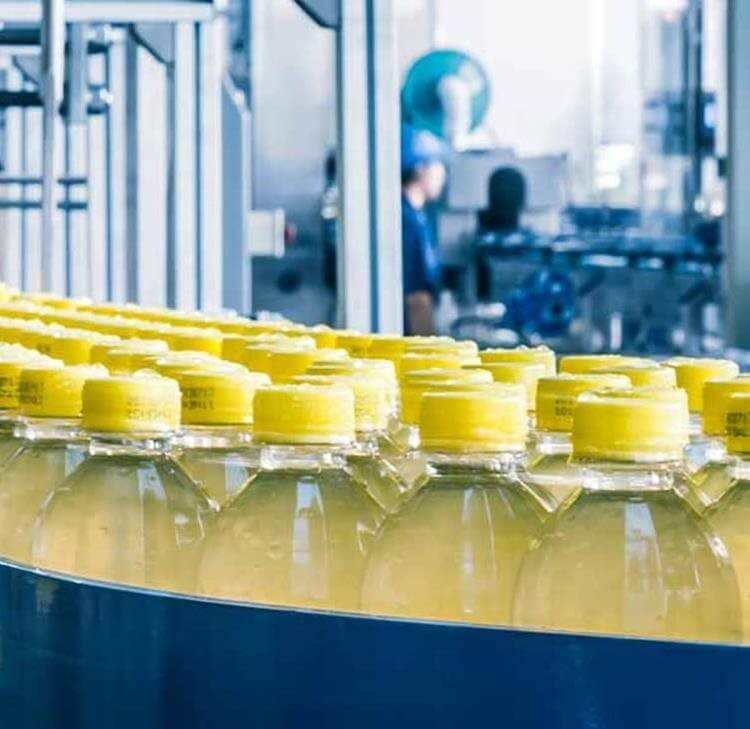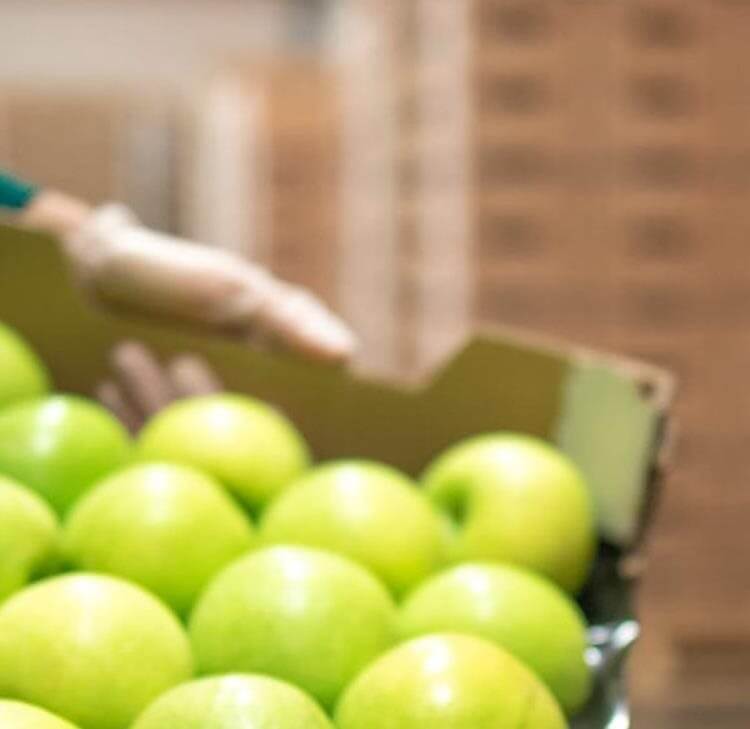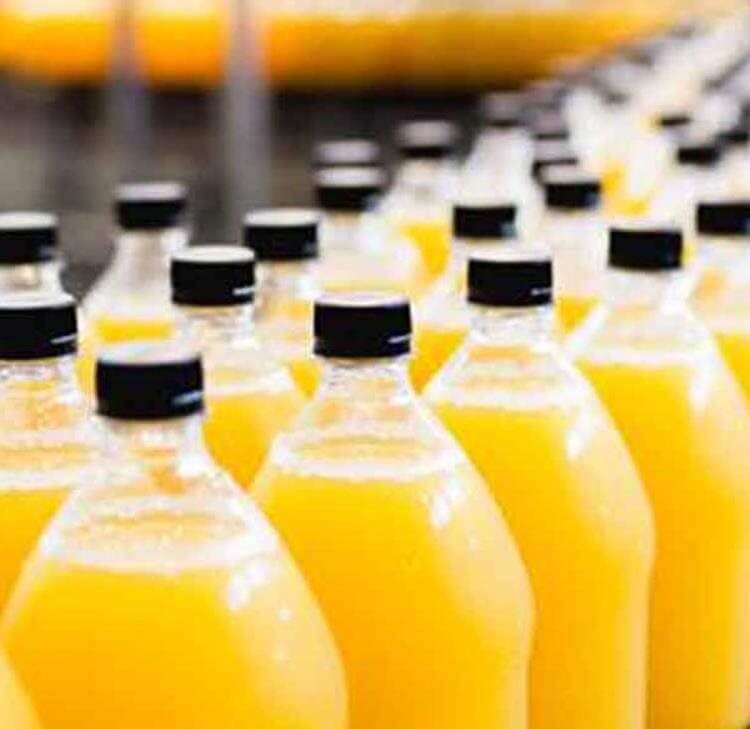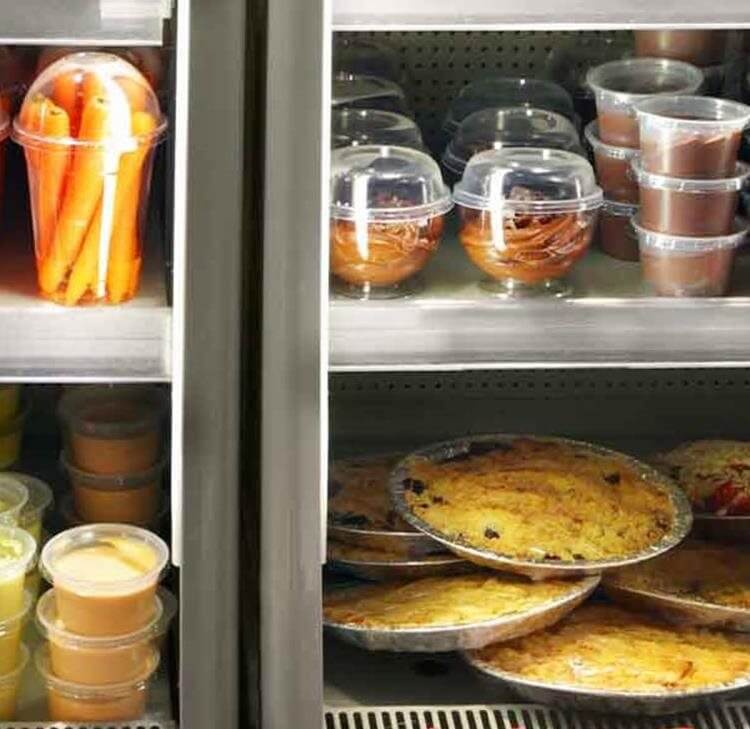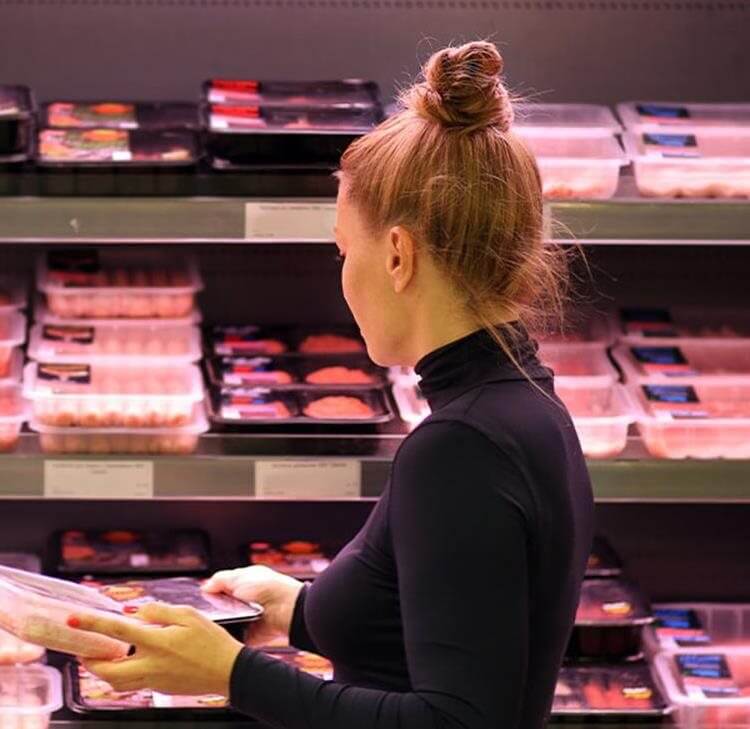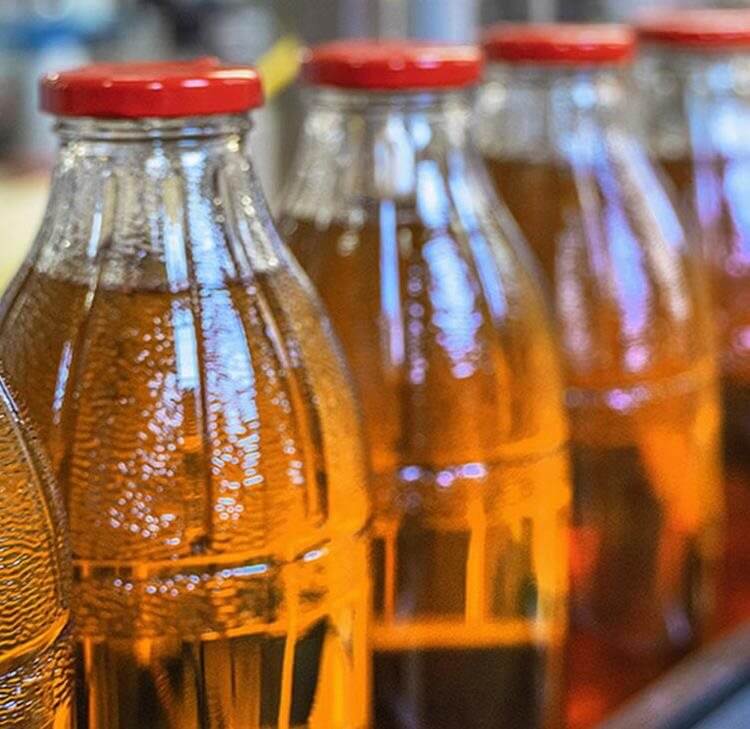The EUIPO’s Fifth Board of Appeal was recently faced with determining a hotly contested invalidity application brought to protect the interests of “Prosecco”, a Protected Designation of Origin (“PDO”) for “wines”. The dispute dates back to June 2015 when Manufaktur Jörg Geiger GmbH (the “Proprietor”) first sought to register, in the EU, the word mark “PriSecco” in respect of “cocktails, non-alcoholic” in Class 32.
The mark proceeded to registration, but an invalidity application was filed five years later by the body authorised under Italian Law to protect the “Prosecco” PDO (the “Invalidity Applicant”). One of the main arguments raised by the Invalidity Applicant was that the contested mark amounted to an “evocation” under Article 103(2)(b) of Regulation 1308/2013 (the “Wine Regulation”), which provides that “a protected designation of origin and a protected geographical indication, as well as the wine using the protected name in conformity with the product specifications, shall be protected against…any misuse, imitation or evocation.”
In June 2022, the EUIPO’s Cancellation Division declared the contested EUTM invalid for all of the contested goods. The Cancellation Division had held that the mark “PriSecco” was likely to evoke the PDO “Prosecco” for a substantial part of EU consumers. In August 2022, the Proprietor filed an appeal against the Cancellation Division’s decision and submitted a declaration of partial surrender requesting the goods of the mark be restricted to “Non-alcoholic cocktails whose ingredients are apple and or pear juices based on meadow fruit varieties (WiesenObst)”.
After a protracted process, the Invalidity Applicant was notified of the request for a partial surrender of the “PriSecco” mark and was invited to file observations. The Invalidity Applicant maintained the position that the invalidity declaration should continue in relation to the original whole list of goods, (i.e., “cocktails, non-alcoholic”), while the Proprietor argued that the Invalidity Applicant had no legitimate interest in obtaining a decision on goods which were no longer covered by the contested mark (due to the partial surrender).
The Board of Appeal agreed that the Invalidity Applicant’s request to obtain a decision on the merits in relation to all of the contested goods (which included the surrendered goods), should be rejected. This was on the basis that that the Invalidity Applicant had not shown a real, direct or present legitimate interest in obtaining a decision on the merits in relation to the surrendered goods. As a consequence, the Board of Appeal accepted the partial surrender of the EUTM registration, so that its Class 32 would read as “Non-alcoholic cocktails whose ingredients are apple and or pear juices based on meadow fruit varieties.”
Despite this aspect of the Appeal, the Board still agreed with the Cancellation Division that the contested “PriSecco” mark would evoke in the mind of the average European consumer throughout the EU, the PDO “Prosecco”. The decisive criterion for determining “evocation” is whether, when the consumer is confronted by the contested mark, the image triggered in his or her mind is that of the products covered by the PDO “Prosecco”. In comparing the two marks, the Board found that they were visually and aurally similar, while lacking any relevant conceptual difference.
There was also a “notable proximity” between the “wines” of the PDO and the new Class 32 for non-alcoholic cocktails (following the partial surrender). In reaching this conclusion, the Board considered the following:
- Both wines and non-alcoholic cocktails are beverages commonly consumed in social settings, particularly as aperitifs;
- Both are marketed and widely distributed alongside alcoholic beverages, in supermarkets, bars and cafes;
- The growing trend towards healthier lifestyles and mindful drinking has seen many people choose non-alcoholic options as aperitifs, which aligns them closely with traditional wine consumption patterns; and
- Both can be paired with a variety of foods to enhance a dining experience and can be harmonised with the flavours of different meals.
As a result, the Board considered that the average European consumer was likely to establish a sufficient clear and direct link between “PriSecco” and “Prosecco”. The Board even went so far as to say that the similarities between the two marks was of such a high degree that “PriSecco” might even be perceived as a misspelling of “Prosecco”. Therefore, notwithstanding the partial surrender of the mark, “PriSecco” constituted an evocation of the “Prosecco” PDO within the meaning of the Wine Regulation. As the “PriSecco” mark conflicted with the “Prosecco” PDO, the invalidity decision was upheld, and the Proprietor’s appeal was dismissed.
This case highlights that non-alcoholic beverages are becoming increasingly popular and comparable to alcoholic alternatives. Brand owners should keep this in mind when choosing names for their non-alcoholic products, in order to ensure their brands do not interfere with Protected Designations of Origin, such as Prosecco, Porto or Champagne, to name but a few.
If you have any queries in relation to the above, please feel free to contact us.
Contents
- Dry January 2025: Legal considerations for manufacturers, hospitality and retailers
- Sobering thoughts: A look at the alcohol-alternative ad rules
- Rising demand for low and no alcohol alternatives: UK’s growing market and the challenges ahead
- Dry January and its regulatory implications: A sobering perspective
- Alcohol charity on the “Naughty List” for attempts to trade mark “DRY JANUARY”
- Dry January: Effects on the real estate and hospitality industry
- Festive without the spirits: Embracing inclusivity at Christmas and social parties





